Organised by EFMC
29 August – 2 September 2021
Online
Website: https://bit.ly/37Z7XPU
Organised by EFMC
29 August – 2 September 2021
Online
Website: https://bit.ly/37Z7XPU
Organised by Chemistry Europe
27 April 2021, 15:00 to 17:00 CEST
Online
Website: https://bit.ly/2O6LKs1
Organised by EFSA
29 March 2021, 09:30 – 12:30 CEST
Online
Website: https://bit.ly/3uJ4Qp6
Organised by Initiative for Science in Europe (ISE)
18 March 2021, 14:00 – 15:30 CET
Online
Website: https://bit.ly/3l00Zzj
5th EuChemS Conference on Green and Sustainable Chemistry (5th EuGSC)
26 – 29 September 2021
To be decided: online or Thessaloniki, Greece
Website: https://bit.ly/2N7Ny3R
9th European Variety in University Chemistry Education Conference
7 – 9 July 2021
Hybrid: Ljubljana, Slovenia & online
Website: https://bit.ly/3qshEgB
“Attilio Corbella” International Summer School on Organic Synthesis – ISOS 2021
13 – 17 June 2021
Gargnano, Italy
Website: https://bit.ly/3bDRvXj
International School of Process Chemistry – ISPROCHEM
9 – 12 May 2021
Gargnano, Italy
Website: https://bit.ly/30Aq22q
‘The Carbon element – Key towards a sustainable society’ webinar
Thursday 22 April 2021, 10:00 to 16:30 CEST
Participants are invited to submit COST Action proposals contributing to the scientific, technological, economic, cultural or societal knowledge advancement and development of Europe. Multi- and interdisciplinary proposals are encouraged.
The Open Call Action proposal submission, evaluation, selection and approval (SESA) procedure is fully science and technology-driven and will ensure a simple, transparent and competitive proposal evaluation and selection process, reflecting the bottom-up, open and inclusive principles of COST.
Deadline: 29 October 2021
Website: https://bit.ly/3rKQwum
The International Sustainable Chemistry Collaborative Centre (ISC3) Innovation Challenge 2020/2021 addresses innovators from around the world which are active in developing sustainable chemistry solutions linked to renewable energies.
Deadline: 1 April 2021, 12:00 am CEST
Website: https://bit.ly/373FgAG
ERC first calls for proposals of Horizon Europe are open.
On 22 February 2021, the European Commission presented the Work Programme 2021 for the European Research Council (ERC), which is the first Work Programme approved under Horizon Europe. This legal document sets out how the ERC will allocate its funding of €1.9 billion in 2021 to pursue frontier research. It includes three main calls for proposals:
Among the innovations, researchers will now be invited to present their proposals in interviews to a panel as part of the evaluation process for the Advanced Grant.
Synergy Grants and Proof of Concepts Grants are not available under this work programme, but the ERC is hoping to open the calls later this year, with funding from the next Work Programme.
A number of consultations put forward by the European Food Safety Authority (EFSA) are currently open.
You can take a look at all here.
EuChemS is an official accredited stakeholder of the European Food Safety Authority (EFSA).
A number of consultations and roadmaps put forward by the European Commission are currently open:

In 2020, the European Chemicals Agency (ECHA), checked 1,900 substances and conducted 271 compliance checks addressing 258 substances in 240 draft decisions. In order to improve the assessment process, ECHA checked similar chemical substances in groups.
For the first time, ECHA published the list of evaluated substances and issued request in 2020. The document is available here.
Read more about it on the ECHA’s website.
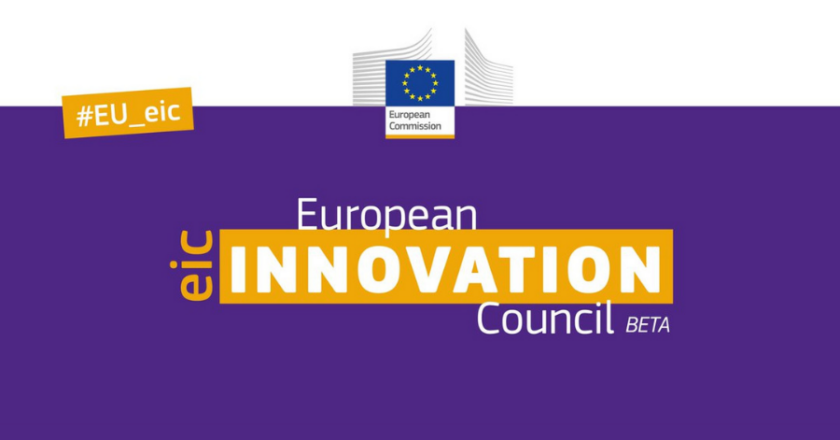
With a budget of €10 billion for the period of 2021 – 2027, the new European Innovation Council (EIC) is the key innovation of Horizon Europe. By supporting startups, SMEs and research teams, the new EIC aims to identify, develop and scale-up breakthrough technologies and disruptive innovations. Particular focus is given to projects supporting the goals of the Green Deal and the Recovery Plan for Europe.
The launch of the new European Innovation Council will take place online, on 18 and 19 March 2021. The first calls for applicants are planned to be released during this two-days event.
On the first day, the launch ceremony will be followed by sessions dedicated to the contribution of the EIC to the economic recovery of Europe. The second will be an ‘applicants’ day’, during which concrete information on how the EIC works, how to apply to the calls and who is eligible, as well as funding opportunities, will be provided to potential beneficiaries and interested stakeholders. The’ applicant’s day’ will be webstreamed here.
Read more about it on the EIC’s website.
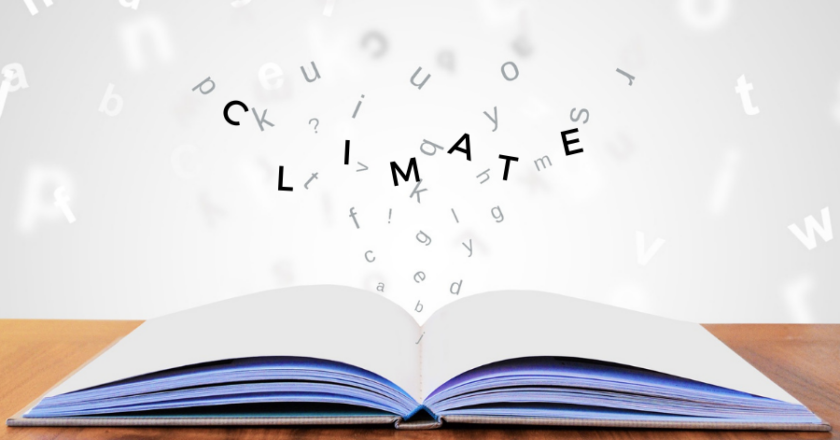
The Education for Climate Coalition kicked off with an initial focus group meeting on 11 March 2021, with the participation of Commissioner Mariya Gabriel.
This initiative aims to support a fair, green and digital societal transition in Europe by mobilizing the education and training community. The actions of the coalition support and compliment other European Green Deal projects, including the European Climate Pact (EuChemS answered to the Public Consultation on the European Climate Pact in June 2020, you can read the complete response here).
The priorities of Education for Climate Coalition are the following:
Individuals and collective actors at the local, regional and national levels will be invited to contribute to the Coalition’s efforts by making pledges for actions on a dedicated online platform that will be released in order to connect stakeholders in the field of education and to enhance innovation and the sharing of knowledge.
A survey of the European Commission to express interest in supporting the work of the Coalition towards realizing the climate goals of the EU received 576 contributions.
Read more about it here.
The European Commission, together with EU member states, is developing initiatives to work towards the creation and implementation of the European Education Area. The implementation of such a framework will aid in developing a common European space of learning, boosting exchange programmes to send students abroad, recognizing school and higher education qualifications across the EU, and developing a sense of European belonging.
On 30 September 2020, a new post on the European Education Area was published: the European Commission adopted two initiatives to implement the European Education Area by 2025.
Read the Press release of the European Commission about the EEA here.

Earlier in February 2021, the ENVI Committee adopted the report ‘Towards a WTO-compatible EU carbon border adjustment mechanism’. This report is an initiative of the ENVI Committee and addresses the creation of a carbon border adjustment mechanism (CBAM), proposed by the European Commission in its communication on the European Green Deal.
To deliver on the European Green Deal carbon neutrality ambitions, the European Union is setting grounds for a Carbon Border Adjustment Mechanism (CBAM).
The aim of the CBAM is to encourage third-world countries to reduce their carbon emissions by placing a carbon price on the imports of certain goods from outside the European Union.
The CBAM will help to increase climate ambitions beyond EU countries and reduce the risk of ‘carbon leakage’.
Read more about it here.
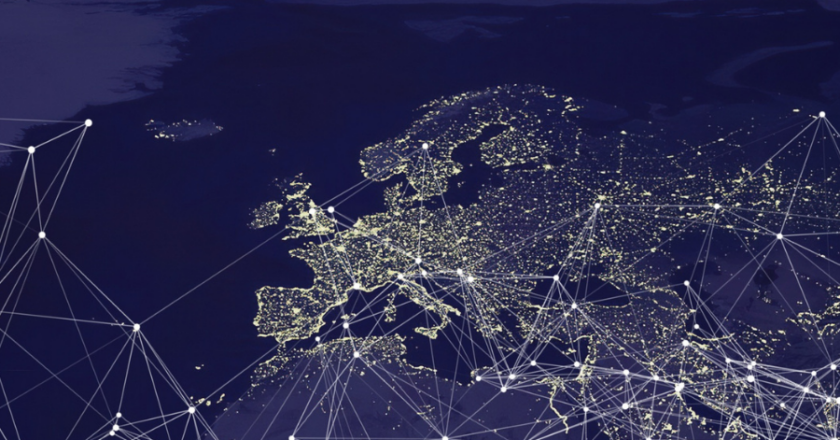
On 23 February 2021, the European Commission proposed to set 10 new European Partnerships between the EU, member states and industry to develop long-term cooperation. Nearly €10 billion will be invested in order to expedite the European green and digital transition, tackling health emergencies and boosting collaboration between academia, research and industry. These partnerships are provided by Horizon Europe and will contribute towards reaching the objectives of the European Green Deal.
The ten partnerships are as follows:
Read more about the 10 new European Partnerships in the European Commission’s press release here.
Today we propose🔟new #EUPartnerships between 🇪🇺, Member States and industry!
With nearly €10 billion from 🇪🇺, they will:
🔹 Better tackle health emergencies
🔹 Support green and digital transitions
🔹 Boost collaboration academia, research, industry
👉https://t.co/qY3N8ImZk6 pic.twitter.com/wOAbcuvyDj— Mariya Gabriel (@GabrielMariya) February 23, 2021
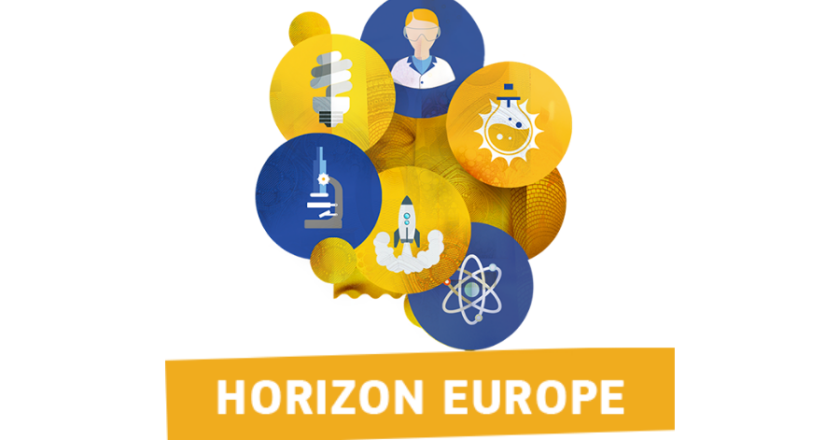
The European Commission released Horizon Europe’s first Strategic Plan 2021 – 2024 on 15 March 2021. This strategic plan is a novelty in Horizon Europe and it sets the strategic orientations and research and innovation of the programme’s first four years, which includes:
These four key strategic orientations are supported by 15 impact areas.
In this strategic plan, eight key specific issues will be taken into account in the implementation of Horizon Europe 2021-2024. The horizontal issues addressed in the plan are the following:
While the focus is on Pillar II of Horizon Europe, the strategic plan also covers relevant activities in Pillars I and III, as well as the part ‘Widening Participation & Strengthening the ERA’, in order to promote synergies between them.
The priorities defined in the strategic plan will be implemented through the work programme of Horizon Europe, which sets out funding opportunities for Research and Innovation activities through thematic calls for proposals and topics. The first calls for proposals are expected to be launched in the spring this year and will be presented at the EU R&I Days on 23 and 24 June 2021.
The strategic plan has been prepared following an ambitious co-design process involving the European Commission, EU Member States, EEA members, the European Parliament, stakeholders and the public – more than 8,000 contributions have been submitted in various stages of the strategic planning process.
Read more about it here.
For Horizon Europe to remain ‘open to the world’, negotiations to open up the 2021-2027 research framework programme for Research and Innovation to non-EU countries are currently on the table. Under Horizon 2020, 16 non-EU countries participated in EU projects under the same conditions as the 27 member states, as ‘associate partners’. For the first time, the UK will become an associate partner, alongside Iceland, Norway, Albania, Bosnia and Herzegovina, North Macedonia, Montenegro, Serbia, Turkey, Israel, Moldova, Switzerland, Faroe Islands, Ukraine, Tunisia, Georgia and Armenia.
However, association agreements have yet to be finalized by the EU as discussions are still taking place regarding negotiations.
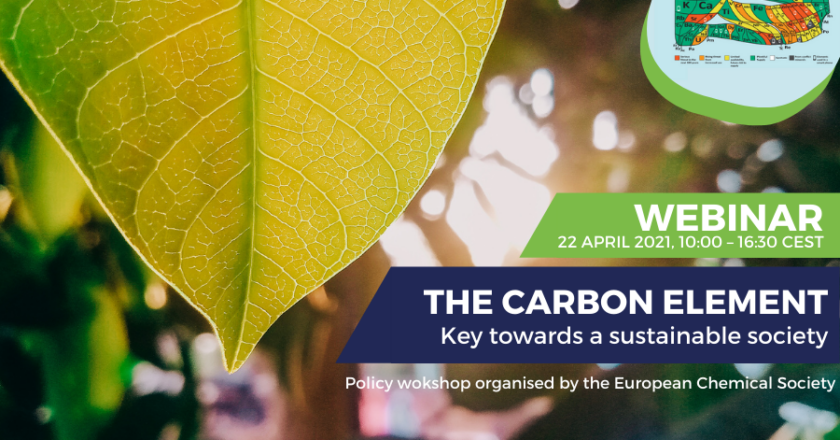
The European Chemical Society, EuChemS, is organising a webinar ‘The Carbon element – Key towards a sustainable society’ which will be held on 22 April 2021, from 10:00 to 16:30 CEST.
The scope of this webinar is to focus on the scientific and technological challenges of decarbonization and discuss some key issues such as the carbon cycle, the reserves of fossil fuels and the perspectives of carbon sequestration and utilization in the energy and chemical sector. This online webinar will also provide an opportunity to discuss the EuChemS Periodic Table.
For the programme of the webinar, please click here.